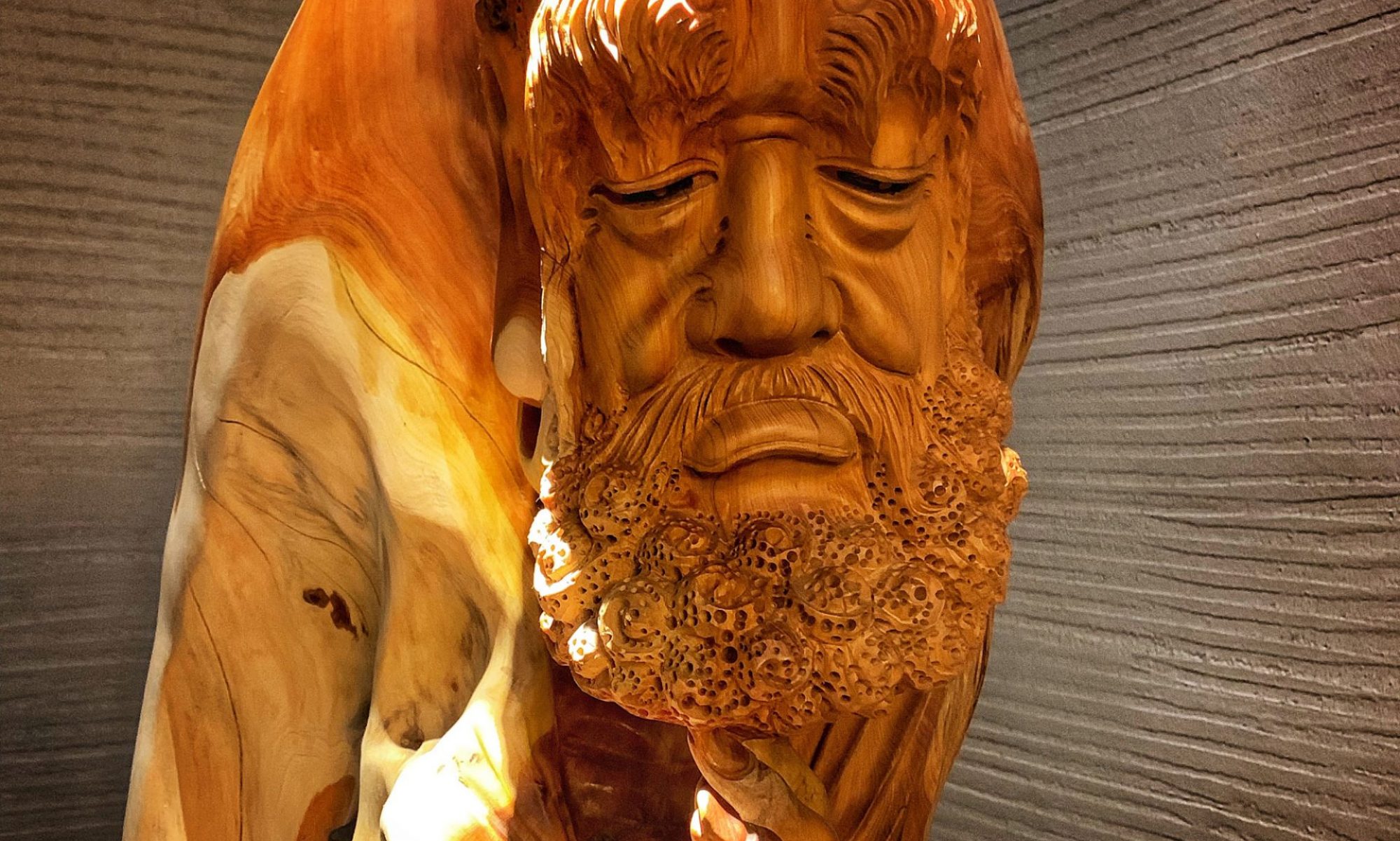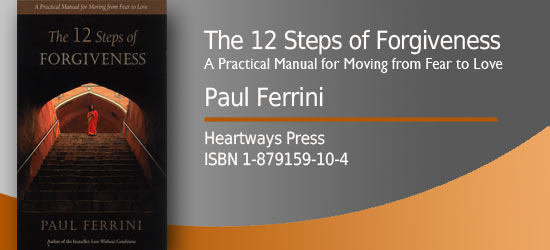
I see similarity of denial taught in A Course in Miracle with the Buddha’s teaching on moha, or ignorance. To ignore is to deny what is already in existence and thus creating a whole entire web of delusion of “I”.
What I deny I project
All projections are denial. And all denial results in projection. When I deny something within me, I make an image out of the world by seeing it as separate from me, as against me. For instance, if I don’t acknowledge my inability to be fully responsible for my own choices, and when someone is to suggest an idea that may seems to be in total opposite to what I choose, I am bound to see him as attacking or against me. In another perspective, if someone is unable to accept what is in his or her space, say an illness, that person will see the illness as an enemy to oppose. He/she will seek further evidences to make the illness wrong and by doing so only make matters worse by solving the symptom without working on the source of the dis-ease. In another example, if I see someone as better than me, I am not seeing the comparison as a self-judgment I have made upon myself. I am continuously projecting out into the world what I am denying, by making the world my enemy. In other words when I judge others, irrelevant whether the judgment is a positive or negative comment, I am in truth, judging myself.
Projection makes perception
When I take the projection as reality, not understanding that they are merely pointing to a denial within me, I make this reality into further perception – seeing realness in it. Back to the example of the inability to be steadfast in my own choices – my denial of this fact makes me project in others as attacking my freedom to choose. This in return makes me perceive others as “enemy”, “wrong”, “bad”, “unfair” or towards myself as a “victim”, with a “poor me” mentality. Observe how a beginning of denial creates a snowballing effect of misperceptions which makes us seek further evidences to proof ourselves or others as “right” and “wrong”.
Whenever there is ignorance of things as they truly are, I am subjected to a truckload of self-suffering, not to mention the suffering of others too. Everything begins with me and ends in me. When I don’t see the source of my projection, I fail to see the end of my own mind-made suffering. Indeed painful are repeated lessons until I see the truth of its reality. As a matter of fact, nothing actually occurred in terms of perception except for what is playing out in the mind.
It takes a renewed awakening, the remembering to be aware of the source of all projections that can lead me out of this entanglement. So long as I do not turn my attention inwards to every relationship I have; be it animate or inanimate; I will not be able to recognize the source of my suffering – be it in any forms of attachment or resistance. I am the creator of my own suffering, the cause of suffering, the ending of suffering, and the way leading out of suffering.


